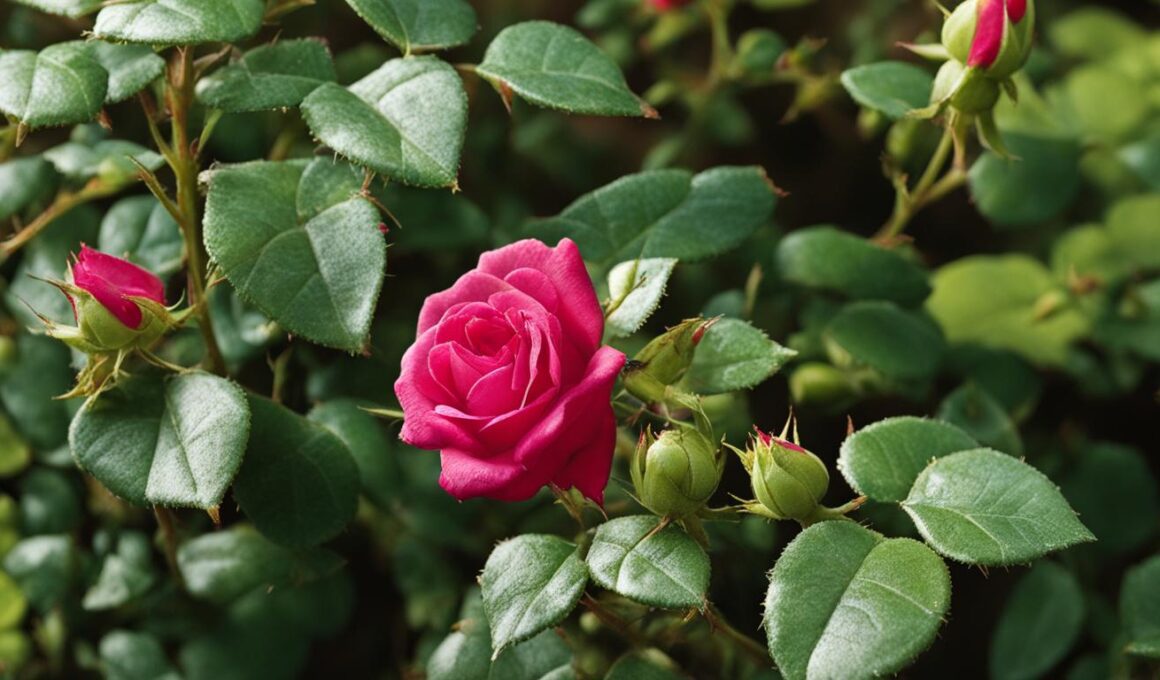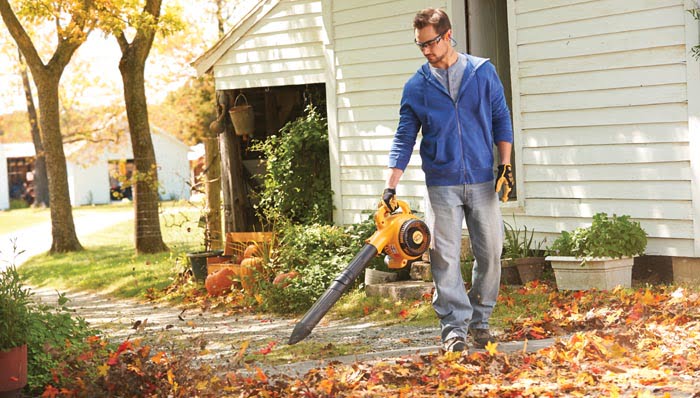Aphids can wreak havoc on your beautiful rose plants, causing damage and stunting their growth. If you’re tired of dealing with these pesky pests, then it’s time to learn how to get rid of aphids on roses and eliminate their infestation for good.
When left unchecked, aphids can quickly multiply and cover your roses, draining them of essential nutrients and leaving them weak and vulnerable. But don’t worry, you don’t have to resort to harmful chemicals to solve this problem.
In this article, we will guide you through effective methods to control and eliminate aphids on your roses using organic and natural solutions. Whether you have a few aphids or a full-blown infestation, these methods will help restore the health and beauty of your roses.
Don’t let aphids ruin your gardening experience. Keep reading to learn how to say goodbye to aphids and hello to thriving roses!
Identifying and Controlling Aphids on Roses
Aphids are small, soft-bodied insects that can wreak havoc on your beloved rose plants. These pests feed on plant sap and can quickly multiply, leading to an infestation that can stunt growth and weaken the overall health of your roses. In this section, we’ll guide you through the process of identifying aphids on roses and share effective methods for controlling their population using organic and natural techniques.
When inspecting your rose plants, keep an eye out for clusters of aphids. These tiny insects can be found gathering on the undersides of leaves, buds, and new shoots. Aphids come in various colors, including green, white, black, red, or brown, depending on the species and maturity stage.
To control aphid infestation on roses, you have several options:
- Spraying Water: A strong jet of water can physically dislodge aphids from your rose plants. Use a hose with a high-pressure nozzle and aim the spray at affected areas.
- Using Soap Solution: Create a homemade spray by mixing a few teaspoons of mild liquid soap with water. Apply this solution to your roses, ensuring the undersides of leaves and stems are thoroughly coated. The soap works by suffocating and dehydrating the aphids.
- Applying Neem Oil: Neem oil, derived from the neem tree, is an effective organic insecticide. Mix neem oil with water according to the instructions on the packaging and spray it on your roses. Neem oil disrupts the aphids’ hormonal balance and acts as a repellent.
- Introducing Insect Predators: Encourage natural predators like ladybugs, lacewings, and hoverflies to your garden. These beneficial insects feed on aphids and can help control their population.
- Attracting Birds: Birds such as blue tits and finches are natural aphid predators. Attract them to your garden by installing bird feeders, providing shelter, and creating a bird-friendly environment.
By implementing these organic and natural methods, you can effectively control aphid infestations on your roses. Remember to regularly monitor your plants and take swift action at the first sign of aphids. Now that you know how to identify and combat aphids on roses, let’s move on to the next section about preventing these pesky insects from infesting your plants.
Preventing Aphids on Roses
Prevention is key in keeping aphids away from your roses. By taking proactive measures, you can create an environment that is less attractive to these troublesome pests. Here are some tips to help you prevent aphid infestation on your roses:
- Keep your plants healthy: Healthy and strong rose plants are less likely to attract aphids. Ensure that your roses receive adequate sunlight, water, and nutrients to promote their overall health.
- Regularly check your plants: Make it a habit to inspect your roses regularly for signs of aphids. Look for clusters of small insects on the leaves, stems, and buds. Early detection allows you to take prompt action.
- Use natural deterrents: There are several natural remedies that can help repel aphids. Planting garlic, onion, chives, catnip, and marigolds near your roses can deter aphids with their strong scents. Additionally, you can create a homemade spray using a mixture of water and garlic or onion juice to spray on your roses.
- Avoid over-fertilizing: Excessive fertilization can lead to excessive growth, which can attract aphids. Follow the recommended fertilization schedule for your roses and avoid overdoing it.
- Plant companion plants: Introducing certain plants in your garden can help divert aphids away from your roses. Nasturtiums, dahlias, and zinnias are known to attract aphids, making them an ideal choice to plant near your roses as a sacrificial trap.
By implementing these preventive measures, you can greatly reduce the risk of aphid infestation on your roses. Remember to monitor your plants regularly and take action at the first sign of aphids to keep your roses healthy and pest-free.
Can the Methods Used to Keep Water Bugs Away also Eliminate Aphids on Roses?
There are various ways to repel water bugs that can also be effective for eliminating aphids on roses. Natural methods such as neem oil, garlic spray, and introducing ladybugs can help keep both pests at bay. Additionally, maintaining proper plant care and using insecticidal soap can help protect your roses from aphids.
Conclusion
Eliminating aphids on roses is essential for preserving the health and beauty of your plants. Fortunately, there are effective ways to tackle aphid infestations using natural solutions. By following the methods and tips provided in this article, you can reclaim your garden and enjoy pest-free roses.
Regularly inspecting your roses for signs of aphids is crucial in catching infestations early. Once identified, it’s time to take action. Natural solutions like spraying water on the affected areas can physically remove aphids and disrupt their feeding patterns. For a more targeted approach, consider using a soap solution or neem oil, which are both safe for the environment and effective against aphids.
Another eco-friendly alternative is introducing natural predators to your garden. Ladybugs and lacewings feed on aphids, providing a sustainable solution to controlling their population. Additionally, creating an inviting habitat for beneficial birds can help keep aphids at bay. Attracting birds through bird feeders or planting bird-friendly vegetation will encourage them to feed on aphids, naturally reducing their numbers.
Prevention is always better than a cure. By maintaining the overall health of your plants, you can create an environment that is less susceptible to aphid infestations. Regularly fertilizing your roses without overdoing it and ensuring proper watering and drainage are essential. Planting companion plants like garlic, onion, chives, catnip, or marigolds can act as natural deterrents, while also adding beauty to your garden.









